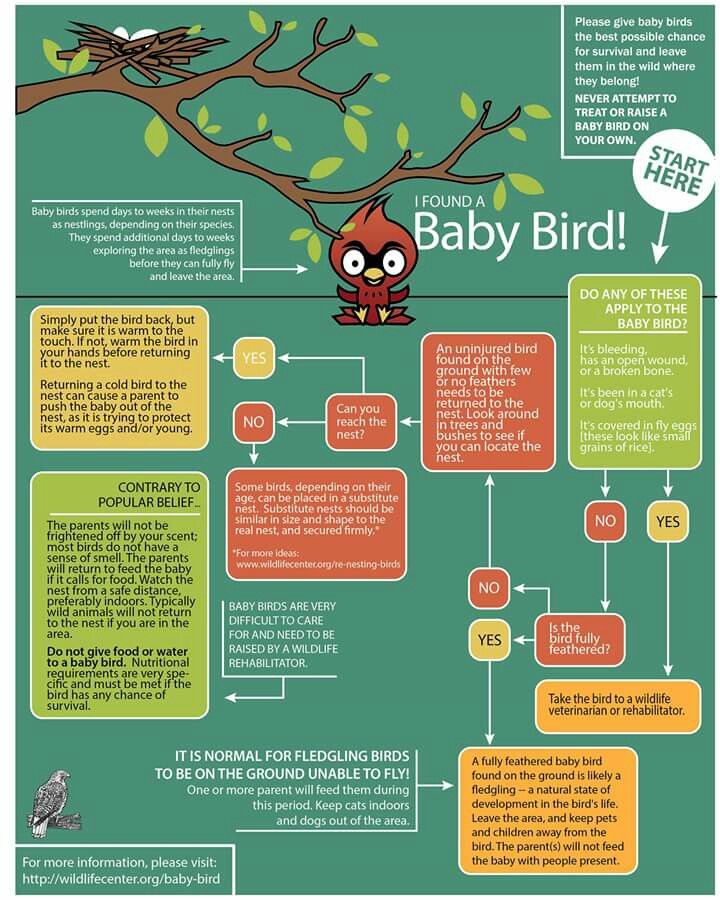The care and feeding of baby birds monologue
The Care and Feeding of Baby Birds: Connie's monologue
A monologue from the play by Ann Wuehler
CONNIE: That's it, gulp it down, oh that's a good big poop. Gulp it down, good little bird. What a good little bird. You see, God, I'm trying to work on my karma. I know, that's like a Pagan thing, I think, from India or China, I'm not sure, I've been to school and everything, and don't know that! But―the Golden Rule, right? That's karma, right? Do unto others. I try and try to be a good person, not be mean, work, pay my bills, take care of myself, not spit on children or kick dogs or run over bicyclists, though it's so tempting, right, when they ride right down the middle of the road in their silly, too-tight outfits, I mean, come on, don't you just want to smash them with your car and laugh at them, then back up and run over them again?? Maybe that's just me.
Karma, I was talking about karma. What would my karma be if I took a gallon of Tylenol? Connie, I can hear you saying in your Sean Connery voice, I imagine you, God, have a voice like Sean Connery and that the Devil has a voice like Cary Grant ... don't ask why, that's just what I hear. In my head. "Connie," says God―"it was going to get better the very next day. You were going to get a job interview, you were going to be published in some vastly important New York poet magazine, and you were going to win the lottery, many millions, and be able to pay your bankruptcy lawyer. If you had just waited a day. Only a day."
[Stops feeding birds, puts syringe down.]
But I've been waiting for the good things to happen for years now. I've been patient. I send out resumes, I act nice, I go out of my way for my friends when I can. Is that why I never get anywhere? Cause I wait? Cause I try to be as small as possible, not make any noise? I even write polite poems.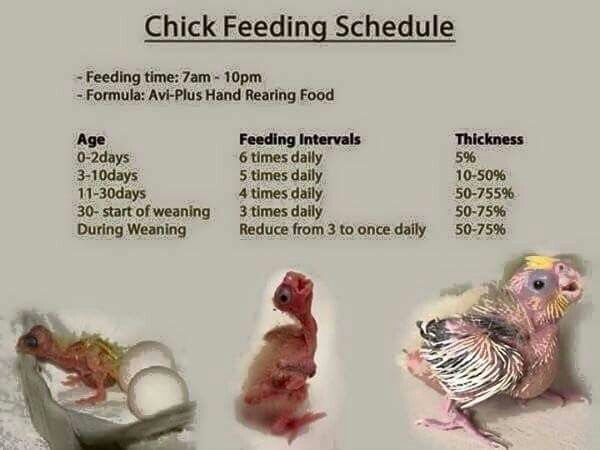 About nature and waterfalls. Nothing profound. I'm not profound. At all. I never let myself be. I write pretty, shallow poems to please everyone and they please no one. So I drown in debt, I take jobs that eat my soul, and I ... I, oh let's be honest, it's just us three―I wish I had died at birth. Cause this is far far harder to get up every day and not face things than ... than being a soccer mom with a Down's Syndrome baby. And so I take care of baby birds my dad knocked out of their nest. Yeah. I'm too old to care about this, I should be all grown by now, and be all indifferent to everything but my credit report.
About nature and waterfalls. Nothing profound. I'm not profound. At all. I never let myself be. I write pretty, shallow poems to please everyone and they please no one. So I drown in debt, I take jobs that eat my soul, and I ... I, oh let's be honest, it's just us three―I wish I had died at birth. Cause this is far far harder to get up every day and not face things than ... than being a soccer mom with a Down's Syndrome baby. And so I take care of baby birds my dad knocked out of their nest. Yeah. I'm too old to care about this, I should be all grown by now, and be all indifferent to everything but my credit report.
[Smiles, moves away from table.]
I'll never be a mom. Or a wife. I've spent my life in school, working crappy jobs, waiting for the mail, or lately, the emails that don't get sent. Or the emails that say, sorry, we don't want your shallow crap, good luck not being a writer, ever. Don't you wish ... rejection letters were honest? That the editors would just say, plainly, once and for all―you can't write.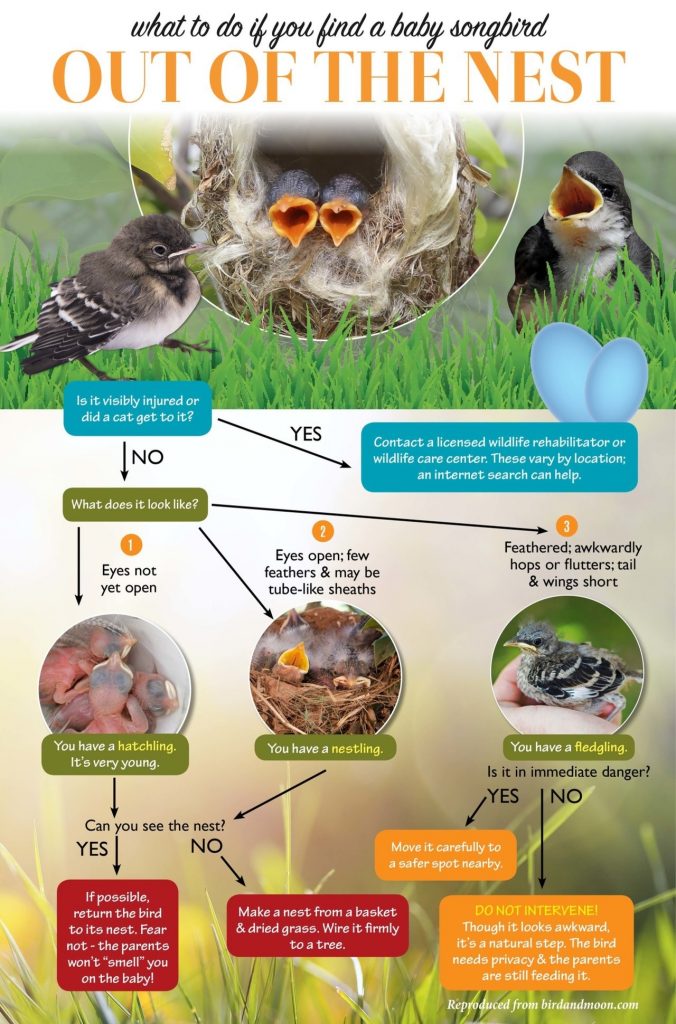 Try marine biology. Or dead animal removal, I hear they're always hiring. I would so love to get that rejection letter! I could finally stop wishing, hoping, waiting, dreaming! I could stop all that crap. It would be so nice. I could finally give up and move on, whether it's nursing school or a razor blade. This being in limbo all the time, waiting for dreams to come true ... it's cruel. Believe in your dreams!! "Hang in there, someday it will happen," my friends keep saying. They have houses and lives. They have money in the bank and go on vacations. They have children. A couple even have grandchildren by now. I have ... nothing. I have nothing to show. No awards. No college teaching position, just until my book gets published crappola. I didn't mean to get on this, God. I didn't mean to get all ... maudlin.
Try marine biology. Or dead animal removal, I hear they're always hiring. I would so love to get that rejection letter! I could finally stop wishing, hoping, waiting, dreaming! I could stop all that crap. It would be so nice. I could finally give up and move on, whether it's nursing school or a razor blade. This being in limbo all the time, waiting for dreams to come true ... it's cruel. Believe in your dreams!! "Hang in there, someday it will happen," my friends keep saying. They have houses and lives. They have money in the bank and go on vacations. They have children. A couple even have grandchildren by now. I have ... nothing. I have nothing to show. No awards. No college teaching position, just until my book gets published crappola. I didn't mean to get on this, God. I didn't mean to get all ... maudlin.
Download this script
MORE MONOLOGUES BY ANN WUEHLER
BROWSE MORE MONOLOGUES BY PLAYWRIGHT
Ann Wuehler: One-Act Plays
Ann Wuehler: One-Act Plays
|
||||||||||
|
||||||||||
|
||||||||||
How to feed the found chick, how many times a day
If you find a chick, the first thing you need to do is determine its species. Feeding granivorous, insectivorous and predatory chicks have their own differences. But in the early stages of feeding, you can use the same feeding methods, and then, after finding out what kind of bird you found, transfer the chick to the appropriate feeding.
Feeding granivorous, insectivorous and predatory chicks have their own differences. But in the early stages of feeding, you can use the same feeding methods, and then, after finding out what kind of bird you found, transfer the chick to the appropriate feeding.
Here is one of the most common feeding options for granivorous and insectivorous chicks. This nutrient mixture is well used for feeding for chicks and fledglings from the passerine family. To prepare our mixture, we need the following products: Boiled egg, low-fat cottage cheese, raw carrots, meat (beef, chicken, turkey), greens (lettuce, dandelion leaves, wood lice), hamarus and daphnia, Calcium gluconate (shell from boiled eggs) glycerophosphate , children's dry dairy-free porridge or boiled millet (without salt and fat on the water). nine0003
Action one. Boil the egg, free from the shell. We free the shell from the shell film. Grind the egg as much as possible, you can use a grater with small holes.
Second step.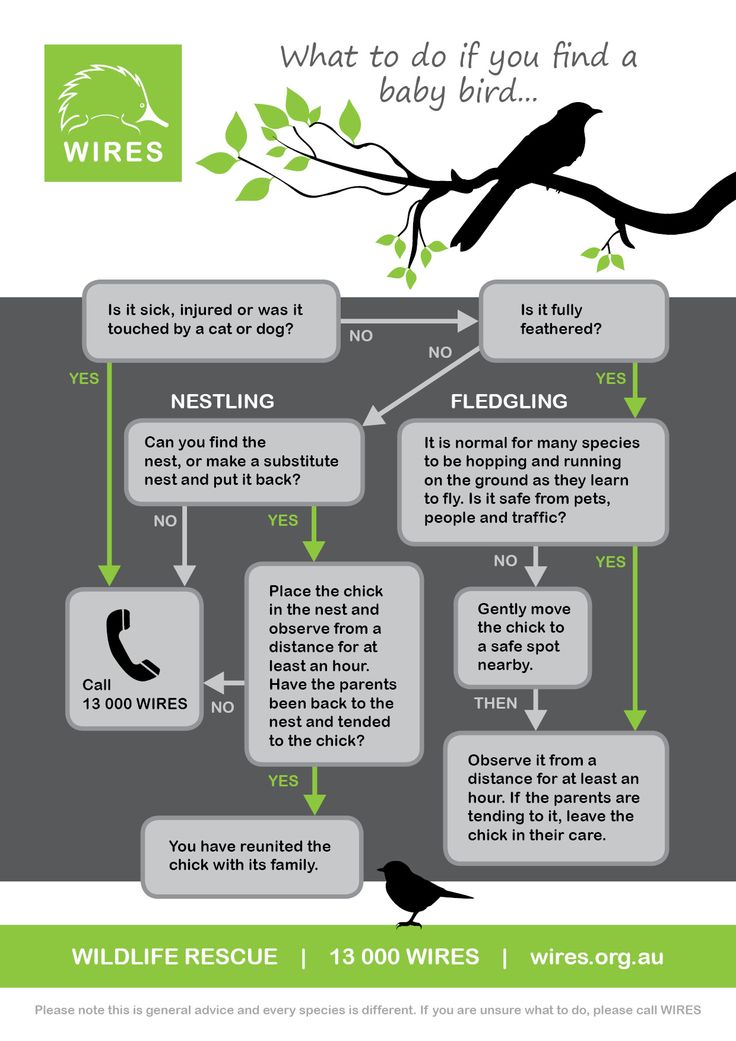 Boiled meat, it is better to take the pulp from the breast of a turkey or chicken and also chop or divide into fibers. The mixture will require meat 40 (for granivorous) and 60 grams (for insectivorous).
Boiled meat, it is better to take the pulp from the breast of a turkey or chicken and also chop or divide into fibers. The mixture will require meat 40 (for granivorous) and 60 grams (for insectivorous).
Third step. Take washed carrots of a small size, grate them on a fine grater, then squeeze the juice and we will use the remaining pulp. nine0003
Fourth step. We take not sour and not fatty cottage cheese. Cottage cheese should have 0% fat content, anything above is considered fat for poultry. We need 90-110 grams of cottage cheese. Sour cottage cheese must be boiled twice changing the water and then it will be suitable.
Step five. You can use greens to add the mixture, but you can do without it for the chicks. And so you can take the greens listed above, chop and add 1.5 teaspoons to the mixture.
Action six. To the above ingredients, add 1.5 -2 tsp. dairy-free porridge or boiled millet (well boiled, without salt and fat in the water). nine0003
Step seven.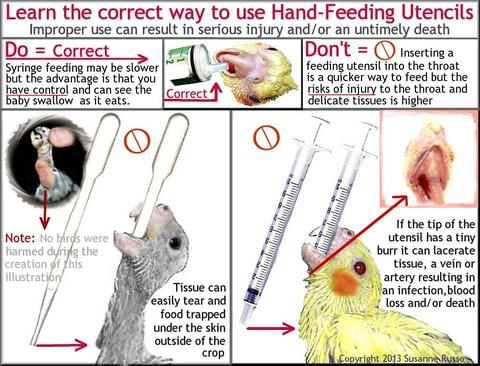 To the mixture we add the shell from the boiled egg, which must first be ground in a coffee grinder, plus one fourth of the crushed tablet of glycerophosphate. If it is not possible to find glycerophosphate, then you can purchase bone meal and add one fourth tsp. in powder form. At the very least, the shells are enough for now.
To the mixture we add the shell from the boiled egg, which must first be ground in a coffee grinder, plus one fourth of the crushed tablet of glycerophosphate. If it is not possible to find glycerophosphate, then you can purchase bone meal and add one fourth tsp. in powder form. At the very least, the shells are enough for now.
Step eight. We take chopped hamarus and daphnia and add about 1 tsp to the resulting mixture. Then we mix everything, it turns out a very thick, crumbly porridge, it should not stick to the fingers. If the mixture is sticky, you can add dairy-free porridge or powdered cereals. nine0003
From the resulting mixture we roll small balls no larger than a small pea, focus on the size of the chick's beak. You can feed 2-5 balls at a time and after each feeding drink plain water from an insulin syringe with a removable needle (without a needle) 4-6 drops. A week-old chick should be fed every 1-1.5 hours, older than two weeks of age every 2-4 hours, at three and four weeks of age you can feed 3-4 times a day. Do not forget that the chick is growing and, accordingly, one-time portions of food are growing. A very important point, do not forget to warm the chicks, because at their age they themselves cannot maintain normal body temperature. Warming up promotes better assimilation of feed. Don't forget to control your chick's weight. If possible, show the chick to a specialist. To control the work of the intestines, you can take the litter from the chick for a coprogram, this is an analysis of the digestibility of the feed. nine0003
Do not forget that the chick is growing and, accordingly, one-time portions of food are growing. A very important point, do not forget to warm the chicks, because at their age they themselves cannot maintain normal body temperature. Warming up promotes better assimilation of feed. Don't forget to control your chick's weight. If possible, show the chick to a specialist. To control the work of the intestines, you can take the litter from the chick for a coprogram, this is an analysis of the digestibility of the feed. nine0003
Take care and love your feathered friends and they will love you back.
Veterinarian ornithologist
Chuguevsky VV
Veterinary clinic Bambi.
You can ask an ornithologist on the forum.
Swiftfall: how to help birds
Strizhepad: how to help birds
Aposhniya naviny, Naviny Belarus Hell 11 April 2022 nine0003
parades of the bird and bird svirgul
June 7 is World Swift Day.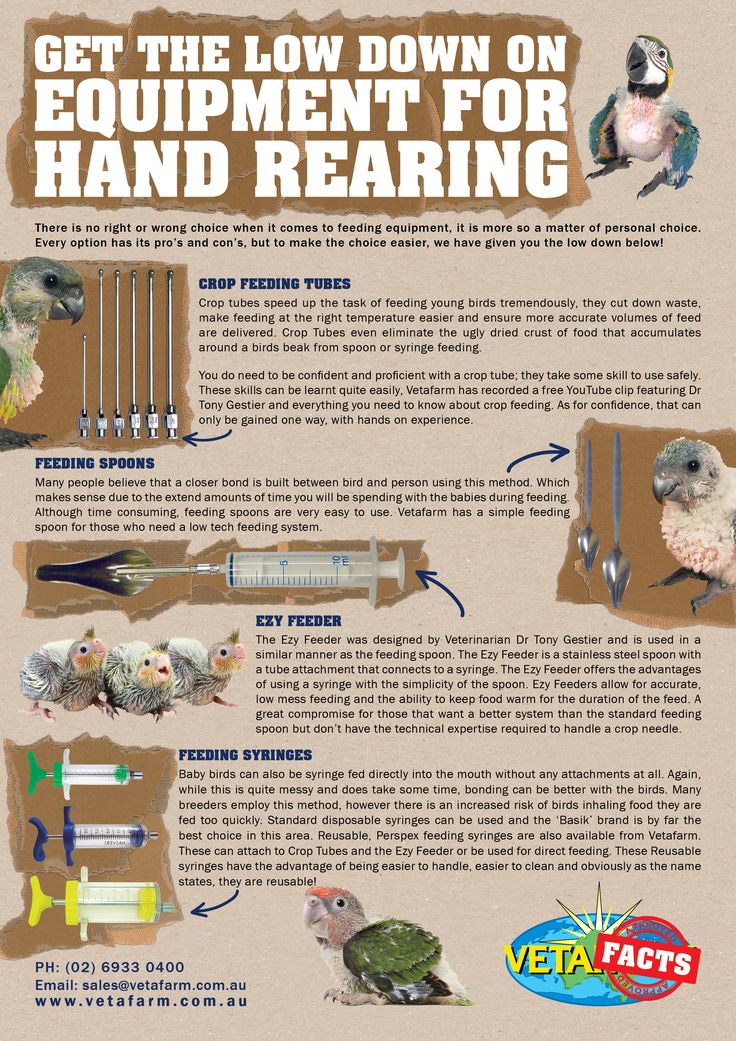 Many people know his piercing cry - a symbol of the arrival of summer. Swift is a master of flight, but he is helpless on the ground. We explain how to help a swift in trouble.
Many people know his piercing cry - a symbol of the arrival of summer. Swift is a master of flight, but he is helpless on the ground. We explain how to help a swift in trouble.
Read the memo in Belarusian
Black swift. Photo by Nikolai Sparrow
Swift is the fastest bird that spends almost its entire life in flight, even sleeping on the fly. The chicks leave the nest ready to fly. And if the parents look after the fledglings of other birds for another week or two, then the shearers on the ground are most likely doomed to death. nine0003
The good news is that it is easier for a person to feed a shearing cub than a sparrow chick, which, if not fed, can die of hunger in 3-4 hours and whose feeding becomes more difficult when the chick becomes a fledgling: you need to feed it and let it fly for training . The shorthair, having grown wings, flies away immediately and spends two years in a row in the sky, not landing anywhere, until the time comes to nest.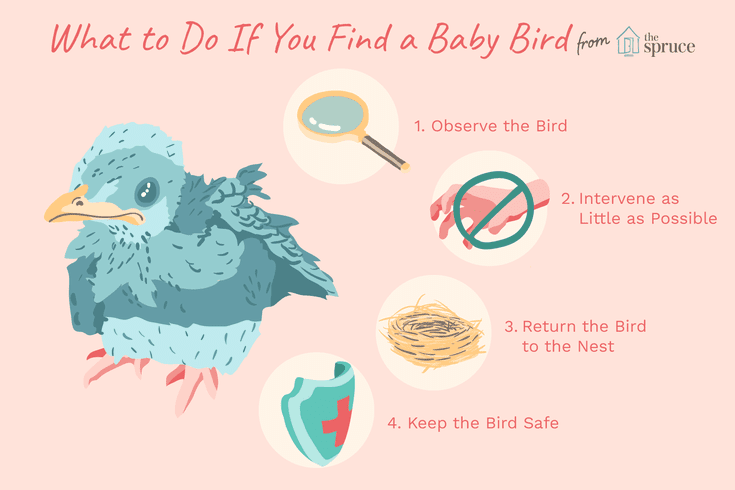
Adult swifts can also end up on the ground, crashing into something - this happens quite often in bad weather. Healthy swifts can also take off from the ground. But sometimes people find them, want to help them, but due to improper care, the birds die. nine0003
Request: if you have video related to swifts, please send it to [email protected]. Destruction of swift nests, swifts on the ground, feeding and caring for swifts, release of swifts into the sky - all these plots can help visualize the problems of swifts and tell people about them.
Swift is neither a swallow nor a hawk
It is important to correctly identify the type of bird. It is easy to distinguish a swift: 4 toes point forward, while in most birds only 3 toes point forward and 1 backwards. Swifts are also famous for their wings: in adult swifts they are sickle-shaped, long, and when folded, go 2-3 cm behind the tail.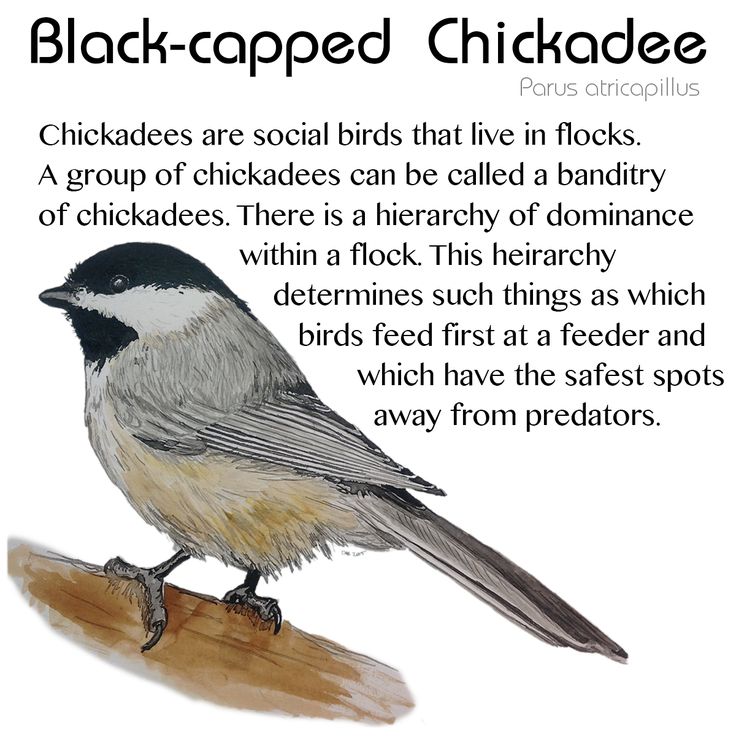 Swifts, unlike all our birds, have a dark brown belly of the same color as their back, and a light spot on their chin, while similar city swallows have white breasts and belly. nine0003
Swifts, unlike all our birds, have a dark brown belly of the same color as their back, and a light spot on their chin, while similar city swallows have white breasts and belly. nine0003
Alexander V Inchevskiy :
Swifts have parasites, but none of them can pass to humans. Most of them are harmless fleas and ticks. One parasite, the Swift Bloodsucker, is found only in Swifts. She does not suck blood from a person, but can frighten an unprepared person who will raise a swift. They are 7 mm long flies with flattened triangular bodies and very small wings.
For help in identifying a bird, you can contact the Telegram chat "Tsіў-tsіў". nine0003
Do not toss a swift
Never toss a swift over asphalt, and even more so from balconies or windows.
Take it out into the open space (stadium, field) and lift it in the palm of your hand: a healthy swift will fly off and start spiraling into the sky.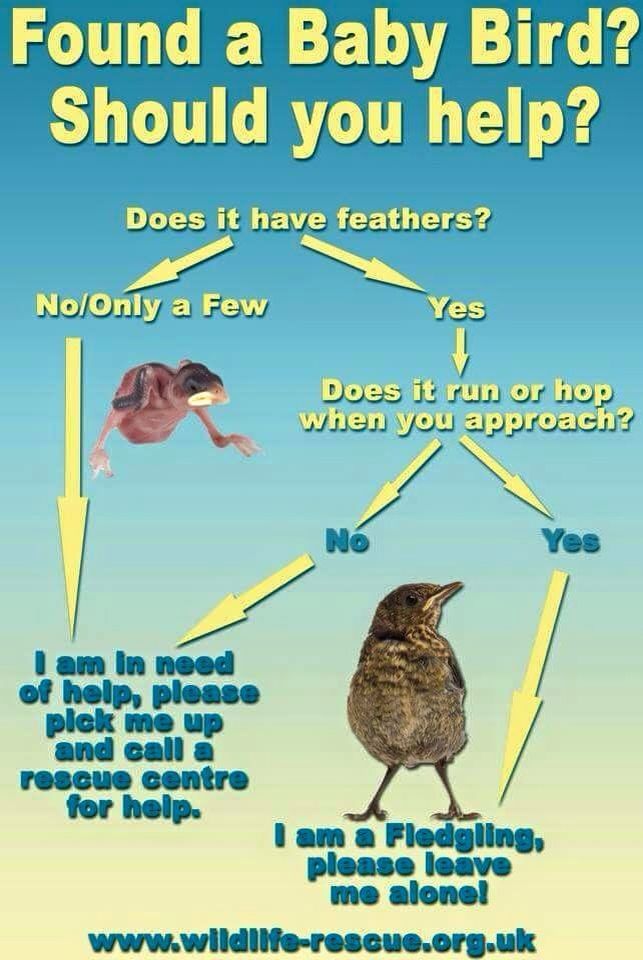
If the swift did not fly away after several attempts, you need to take care of it. Inspect if there are any injuries on it, if the wing is broken, if there is any blood. If so, contact your veterinarian ornithologist. nine0003
Adult fallen swift - usually with trauma (contusion, dislocation, fracture, TBI). In this case, you need to see a specialist and prescribe treatment. In the case of a minor injury, recovery will take from 1 week to 2 months.
Nestling or adult swift?
Swift chicks will not appear on the streets until mid-June. It is easy to distinguish a chick from an adult swift: young swifts of this year have light pink paws, while adults have black and gray paws. nine0003
In chicks, there is a white border along the edge of the feathers, there is fluff at the end of the feathers, the feathers of the wing and tail are partially or completely in tubules (fledglings may no longer have tubules).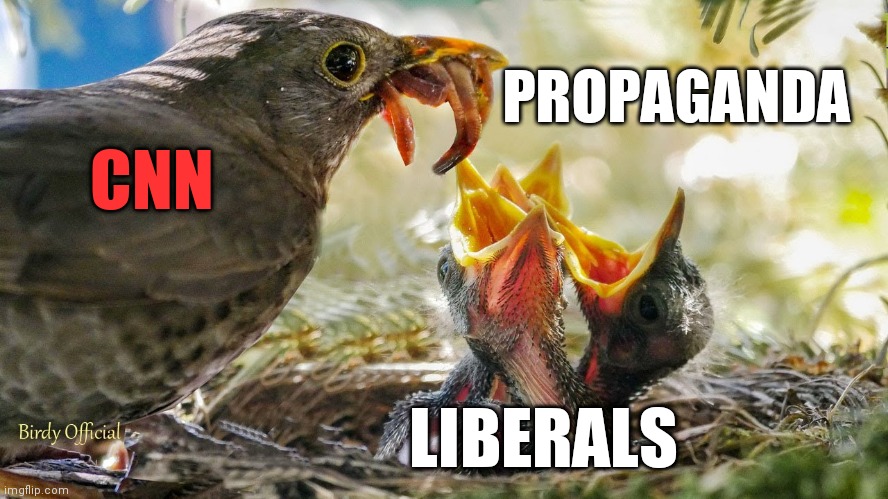

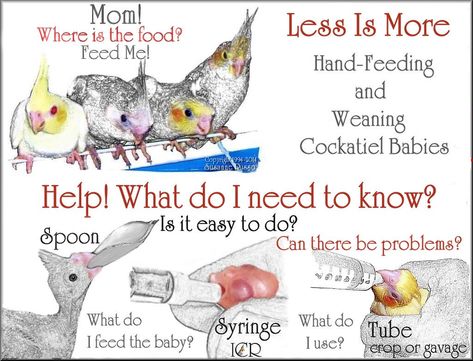 Ann Wuehler. 1 f.
Ann Wuehler. 1 f.
